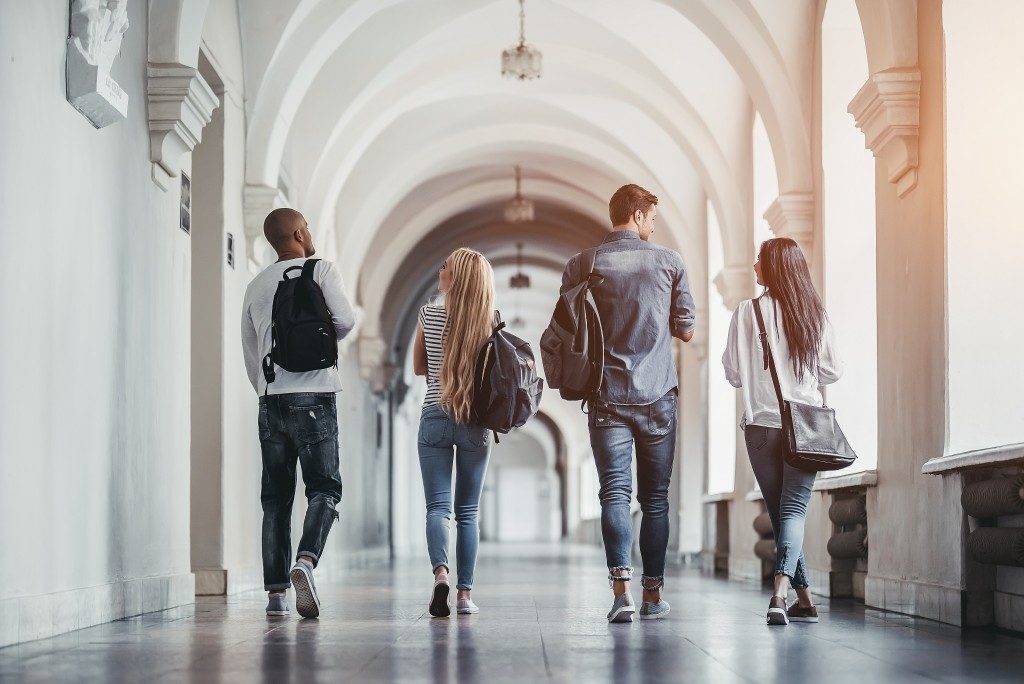Salt Lake City is one of the best places to live in Utah and start a family. It’s a modern city, and there are plenty of dynamic highschools worth looking into if you have a teen or a pre-teen.
But, people have been debating for so long which is better: private or public schools. There are a few distinct differences. But, is it true that your child will get a better education from one or the other? Or that they will have a better attitude when attending a particular school?
How Does One Differ from the Other?
The most significant difference between them is money.
Public schools are typically the perfect choice for families on a budget. The government funds these institutions, and they can’t charge tuition from the students. The downside is they are often underfunded— which has a direct impact on low-wealth areas, especially; thus, on the students who need it the most.
Additionally, public schools can be significantly influenced by politics. They often have to follow the regulations that are set by politicians.
On the other hand, private schools have their own funding from various sources, primarily the tuition you’ll have to pay. Aside from that, they are free to have fundraising activities that tap the students, parents, alumni, and community members.
But, private school tuition fees can be exorbitant.
Is the Level of Education the Same?

Here’s where the debate usually starts: is the level of education the same for private and public schools?
Yes and no.
Private and public schools teach the same thing to their students. They cover the same subjects. Both are likewise free to provide a flexible curriculum that can help their students.
Then again, private schools have better funding and can have more flexibility when it comes to their curriculum. However, they don’t necessarily hire certified teachers, often choosing to look at areas of skill other than certification. But, private schools often have higher results in standardized tests.
In public schools, the underfunding of certain departments can hinder the students’ learning. The bigger class size may also make it harder for some students to catch up or pay attention. Teachers, on the other hand, also have a harder time monitoring each and every student, especially during class.
The good thing is they guarantee that they hire certified teachers. It’s an advantage that can ensure the quality of education each student gets.
Bullying and Other Issues
Private schools tend to be more accepting of students from minority groups. They are also more prepared to combat bullying, which is prevalent in high schools. But, there can be undercurrents and more subtle forms of discrimination, especially in the area of finances and level of wealth.
Although private schools are known to be more accepting, public high schools are more diverse and can help to build strength of character in a young adult. But, bullying can be a problem. With the sheer number of students, some forms of bullying can’t be monitored and resolved.
What is the Better Choice?
Generally speaking, private and public schools both have their pros and cons. They serve the same purpose and provide the same level of education.
It all boils down to your choice—and, of course, the district in which you live. Both types of high schools have their own sets of advantages and disadvantages. However, it’s not entirely true that one is better than the other. In the end, what you choose depends on a few factors, such as your budget and location, and, of course, your child’s personality.

